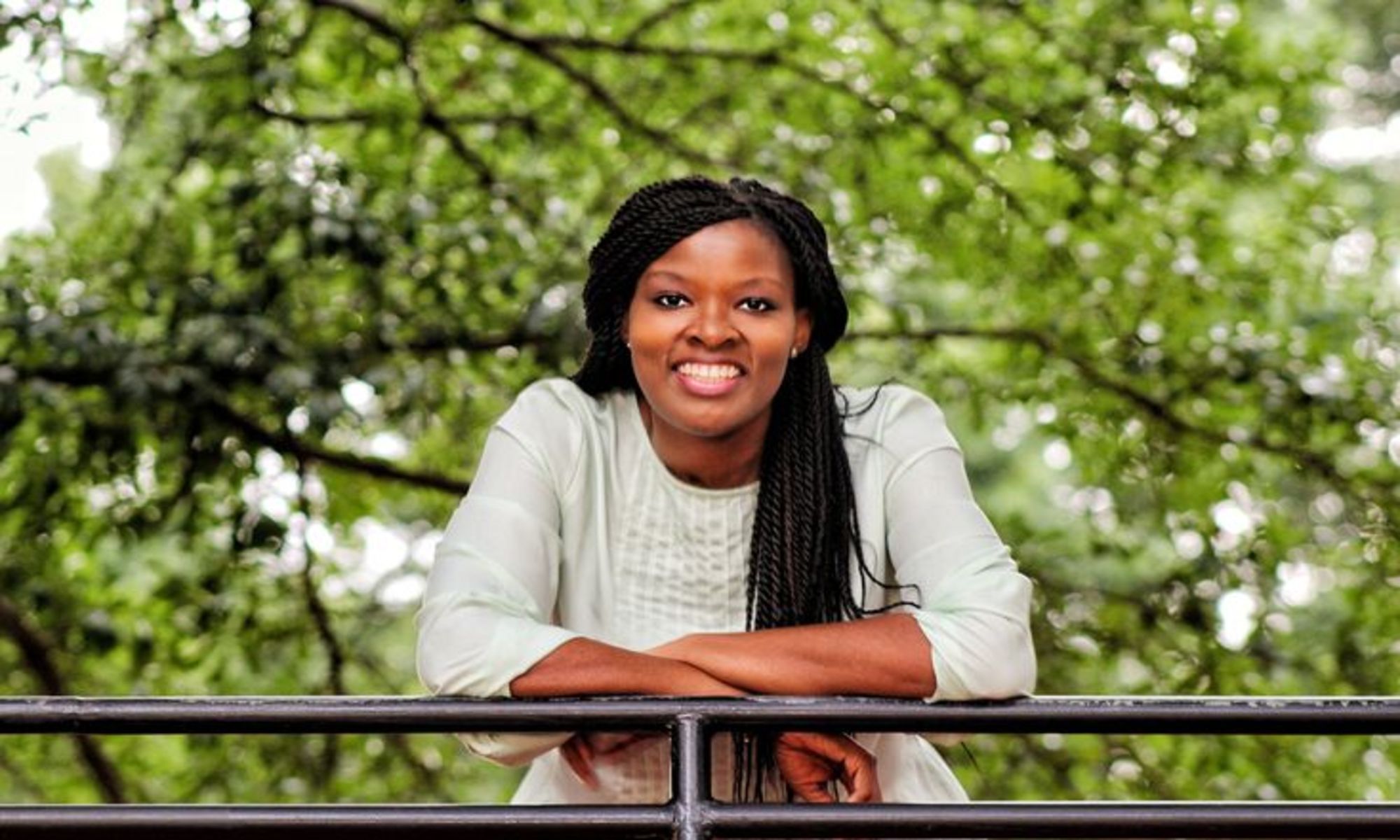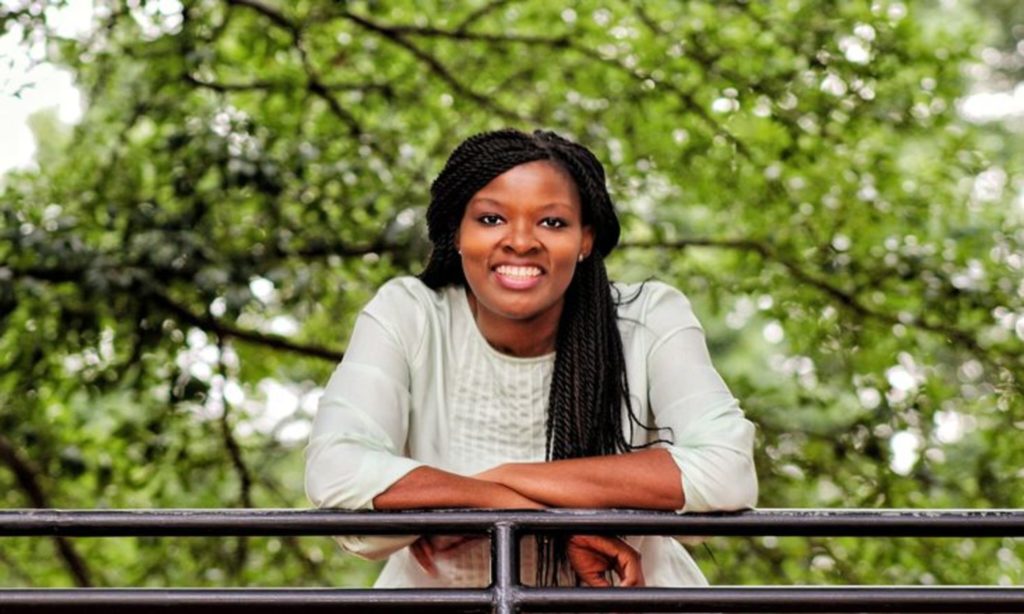
Aisha Adkins is a 33 year old family caregiver from Atlanta, Georgia. Not only was her caregiving role unexpected, the fact that she had to learn everything on the fly compounded the difficulty in taking on these new responsibilities.
“Caregiving is a job where you learn everything on the fly, and there’s no one training you. And the job is life or death. I’d be lying if I said it was easy.”

I never expected to become a caregiver at such a young age, but that’s exactly what happened when my mom was diagnosed with dementia. I was 28 at the time and working full-time in healthcare after a series of temp jobs following the recession.
I eventually quit my job because we realized that 1) my mother really needed someone to be with her at all times to prevent confusion and make sure she remained safe, and 2) my job performance was beginning to suffer greatly due to the stress of having an ailing mother.
In some ways, I was still trying to figure out my own life and take care of my own responsibilities when I had this new role thrust on me. Caregiving is a job where you learn everything on the fly, and there’s no one training you. And the job is life or death. I’d be lying if I said it was easy. At the beginning, I didn’t know a thing about dementia and how to help my mom. Why was she repeating herself? How could I keep her safe? What did her insurance company cover, and what did we have to pay for ourselves?
I broke out in hives, lost almost 20 pounds, and had severe stomach pains. I didn’t have health insurance myself, but finally I had to go see a doctor. He told me I was suffering from stress and put me on anti-anxiety medications. Those help, but there are times when I can’t afford them. Caregivers need to be able to take care of ourselves, too.
Still, I don’t regret my decision to care for my mom but I worry about my future. I am unable to work and therefore unable to save. I am concerned about student loan debt. It is difficult to maintain or form quality relationships – friendships, romantic partnerships, business interactions – as a caregiver. I fear aging alone in a society that seems mostly apathetic toward the social and financial needs of the aged. I wonder about my quality of life should I develop a neurodegenerative disease. What will my life be once my role of caregiving comes to an end?
Follow the stories and experiences of Aisha and others and join in the conversations about how we create community and break the isolation of caregivers on our Facebook page and on Twitter using the hashtags #WeKnowYouCare and #NationalCaregiversMonth.
November 1 — Leighann Gillis
November 2 — Claire Unsinn
November 3 — Lee Giles
November 4 — Skip Worchester
November 5 — Debbie Borque
November 6 — Miri Lyons